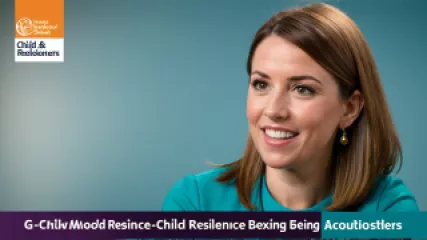Why Nurturing a Support Group Can Motivate Others
hace 1 año
Motivar a Otros
Overcoming Peer Pressure: A Step-by-Step Guide
hace 1 año
Presión de Grupo
Peer Pressure: A Perspective on Mental Health and Social Conformity
hace 1 año
Presión de Grupo
What are the Advantages of a Social Media Detox?
hace 1 año
Beneficios de la Desintoxicación de las Redes Sociales
10 Powerful Benefits of a Social Media Detox
hace 1 año
Beneficios de la Desintoxicación de las Redes Sociales
A Beginner's Guide to Mindful Eating: Nourish Your Body and Mind
hace 1 año
Alimentación Consciente
Cultivating Childhood Resilience: An Interview with a Child Resilience Expert
hace 1 año
Construcción de la Resiliencia en Niños
The Ultimate Guide to Sensory Processing Activities
hace 1 año
Procesamiento Sensorial
10 Best Mindfulness Practices to Boost Employee Productivity
hace 1 año
Atención Plena en el Trabajo
10 Best Mental Wellness Practices for a Healthier Mind
hace 1 año
Bienestar Mental
The Importance of Sensory Processing Consultations for Understanding Your Unique Needs
hace 1 año
Procesamiento Sensorial
The Powerful Benefits of Mindful Eating: A Holistic Approach
hace 1 año
Alimentación Consciente
Empower Others: Lessons from "The Lord of the Rings" on Motivating Your Team
hace 1 año
Motivar a Otros
10 Effective Mindfulness Techniques to Boost Productivity at Work
hace 1 año
Atención Plena en el Trabajo
How Can Art Workshops Improve Mental Health?
hace 1 año
Sanación a Través del Arte















